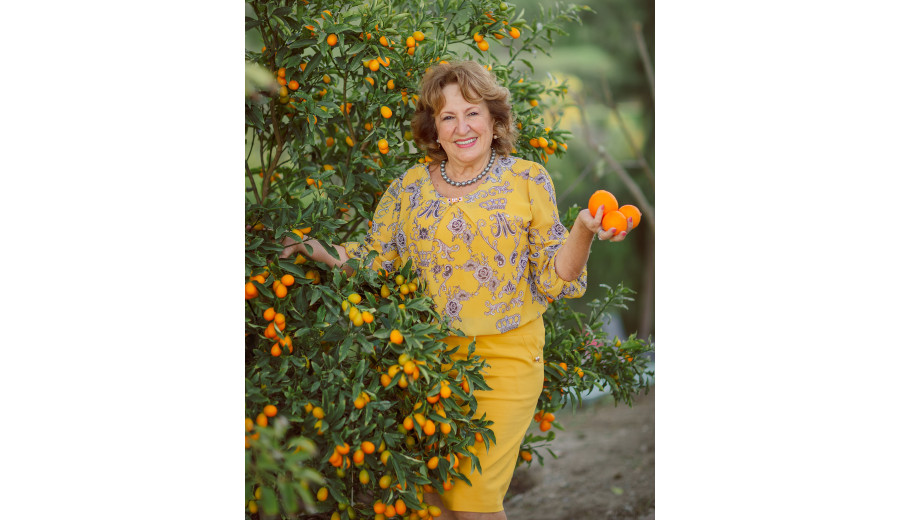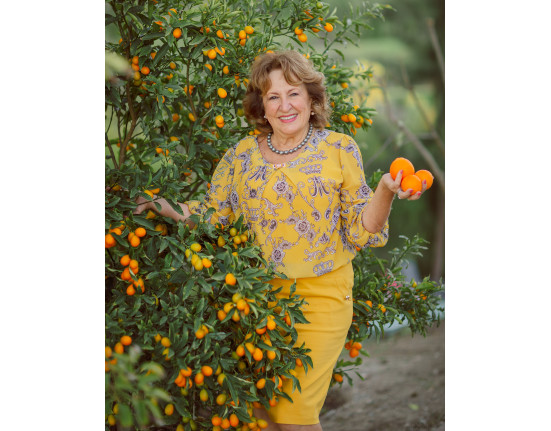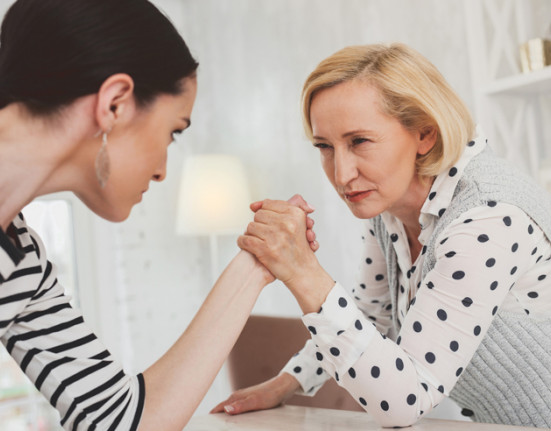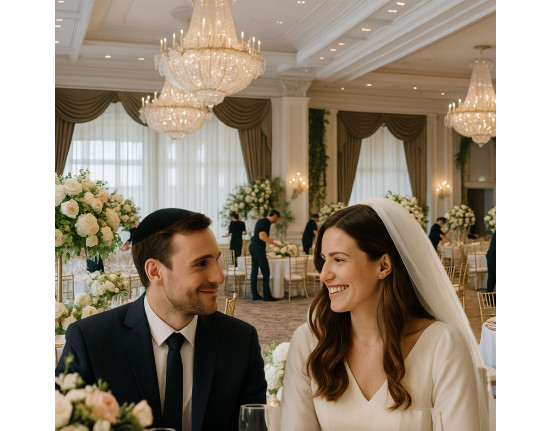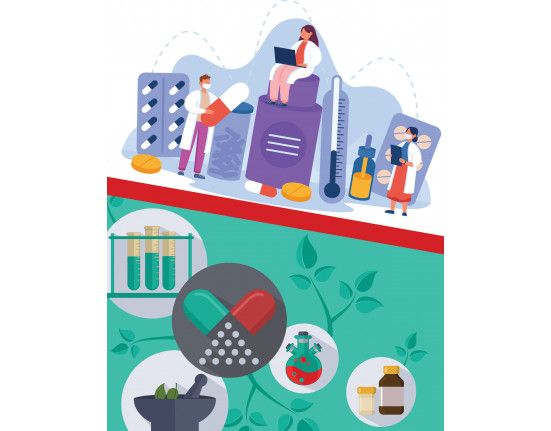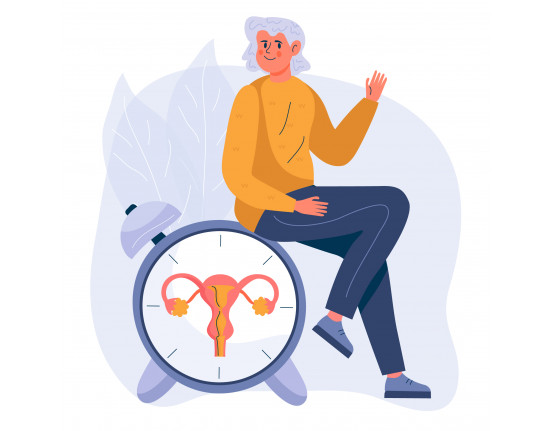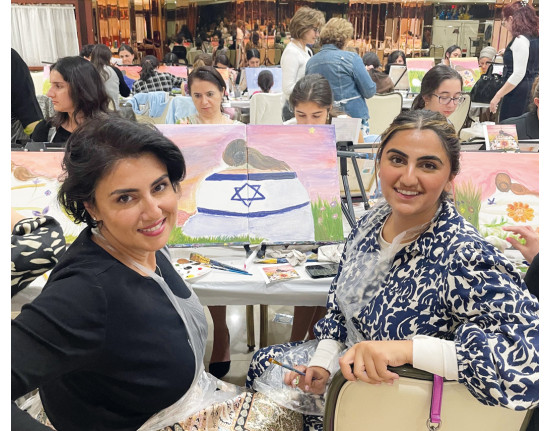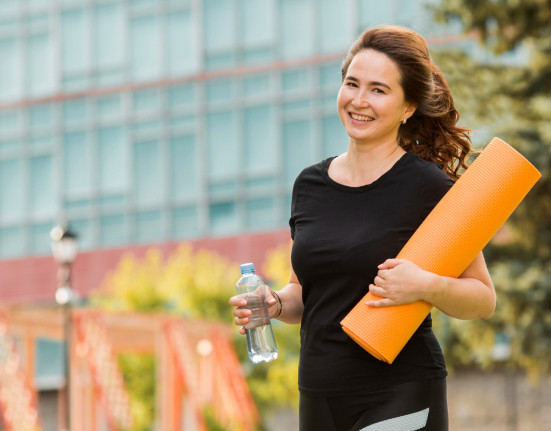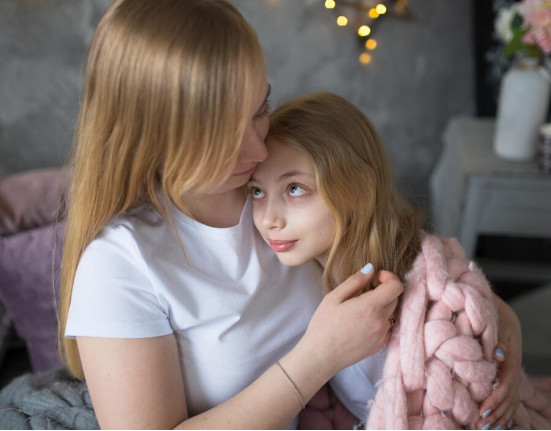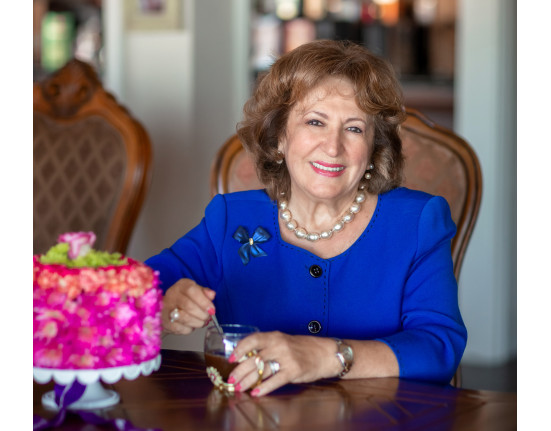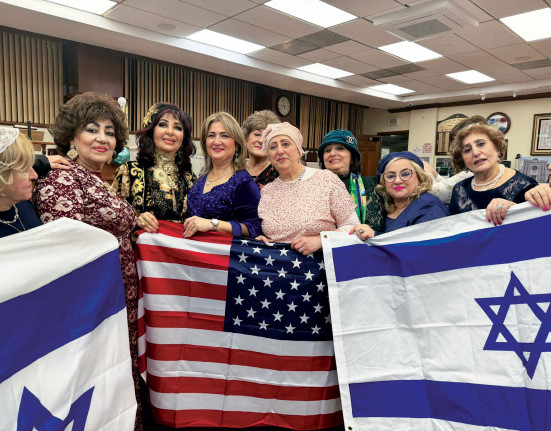Dear Readers,
Our regular contributors and I always aim to write about topics inspired by real life — not abstract theories, but living, heartfelt subjects that truly matter to our community. My hope is for Women’s World to be more than just a magazine — I want it to be a space for open conversation. That’s why I was especially touched by the many responses to my recent column “What Will People Say?” in Issue No. 289. I’m sharing a few of those reflections in this issue and inviting you to keep the discussion going. Thank you for your sincerity, your thoughtful engagement, and for speaking up. The topic clearly struck a chord — which means we’re on the right track.
The theme of societal pressure — especially in close-knit communities where “What will people say?” often outweighs “What do I want?” — comes up not only in your feedback but also in a new piece by Zoya Aminova, continuing her powerful series The Wedding Circus. This time, she reflects on how to keep a wedding from becoming the end point of a relationship rather than its beginning. It’s a deep, honest, and timely article I highly recommend.
Another must-read is The Pygmalion Effect by Viktoria Baraeva — a beautifully thoughtful piece about how our belief in someone (or in ourselves) can awaken hidden potential and bring out the best. Viktoria is truly one of our intellectual guides. I deeply admire her ability to write about complex ideas with clarity, depth, and humility. Her column The Subconscious Engineer always feeds both the mind and the heart.
Professor Olga Benyaminova continues the conversation about family and conscious parenting in her regular column Mental Reset. How do we raise not just obedient children, but real, self-aware human beings? How do we speak so they’ll listen, and listen so they’ll speak? Read it — and talk about it with your family.
This issue’s cover features Milana Aranbayeva — a woman who, after going through serious life challenges, not only persevered but became a light for others. Her clinic Beauty M.D. is a place that heals not just the skin, but the soul — where women learn to rediscover their strength and worth.
We continue to focus on both physical and mental health. I’m delighted to share that this issue marks the first contribution by the widely respected Dr. Aharon Pinkhasov — a native of Dushanbe and professor of clinical medicine and psychiatry. He writes with remarkable clarity about complex matters — such as how to recognize early signs of Alzheimer’s and what families can do not to miss that crucial window. And as a complement, we continue with excerpts from Sasha Galitsky’s book Mama Ne Goryuy — with insights on how to care for aging parents experiencing the first stages of dementia.
We also touch on the topic of stress in women. “You are not alone — and it’s time to talk about it,” reminds us Elena Levi in her regular column on functional medicine. There is a way out.
For readers interested in Jewish history, this issue launches a major new series — The Ten Lost Tribes: A Story That Continues. The first part explores the Bukharian Jews and their ancient roots in the heart of Central Asia. A story that never truly ended — one that still lives on in us.
Of course, we couldn’t overlook what’s happening in our community. In this issue: a photo report from the Book Festival at the Bukharian Jewish Center in New York, a heartfelt tribute from Yosef Badalov to his beloved wife Mafrat — his Eshet Chayil — and our warmest congratulations to our longtime supporter Nina Kailiakova on her birthday.
And don’t miss the inspiring story of Shmuel Galibov from Vienna, who chose to forgo gifts and a big celebration for his bar mitzvah — and instead raised €20,000 for Israeli soldiers. A profoundly mature gesture — and a beautiful alternative to extravagant festivities. In a world of over-the-top weddings aimed at impressing others, a quiet, generous act like this speaks far louder — and stays with you longer.
I also want to gently nudge our longtime bachelors: in support of the thoughts I shared back in Issue No. 226 (“Better to Be Needed Than Free”), this issue references numerous studies showing the serious health impact of chronic loneliness — particularly its link to dementia!
And I think many of you will enjoy The Precious Time of Maturity. I’ve been in that stage of life for some time now — and I truly agree with the author. What about you?
Dear readers, we value your engagement, your honesty, and your willingness to be part of this ongoing conversation. Write to us. Share what’s on your mind. The strength of this magazine lies not only in its authors, but in its readers. A strong community begins with dialogue.
Warmly,
Dr. Zoya Maksumova
Editor-in-Chief

